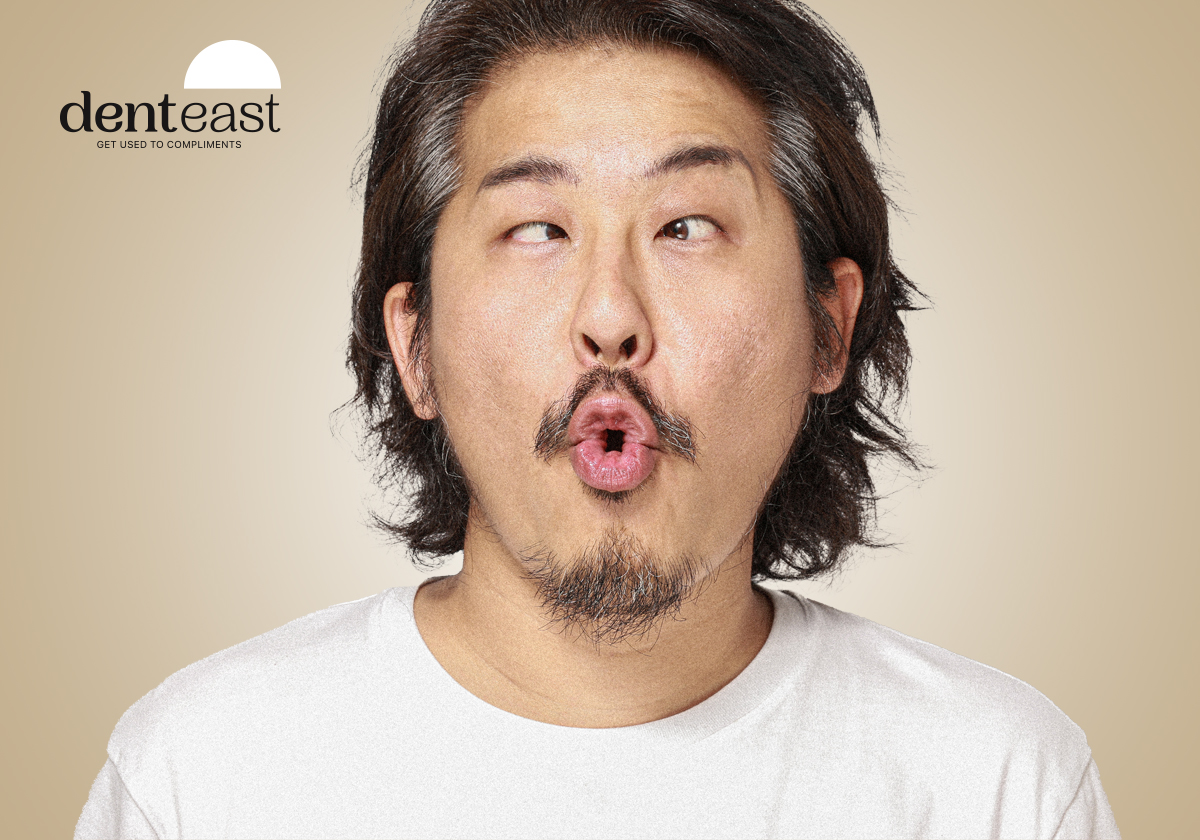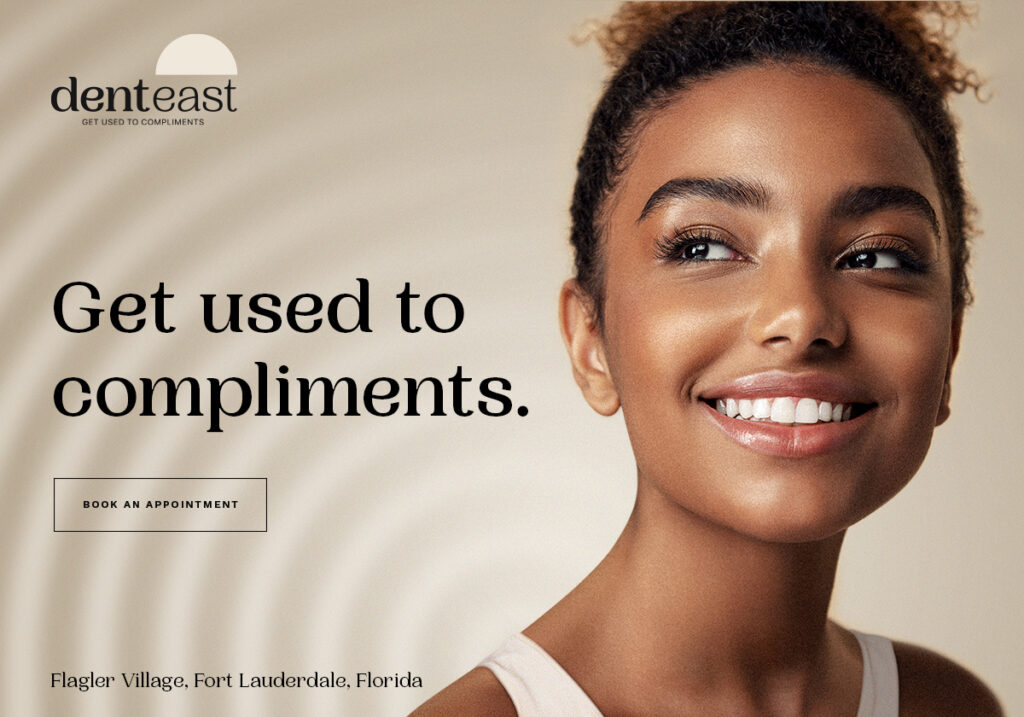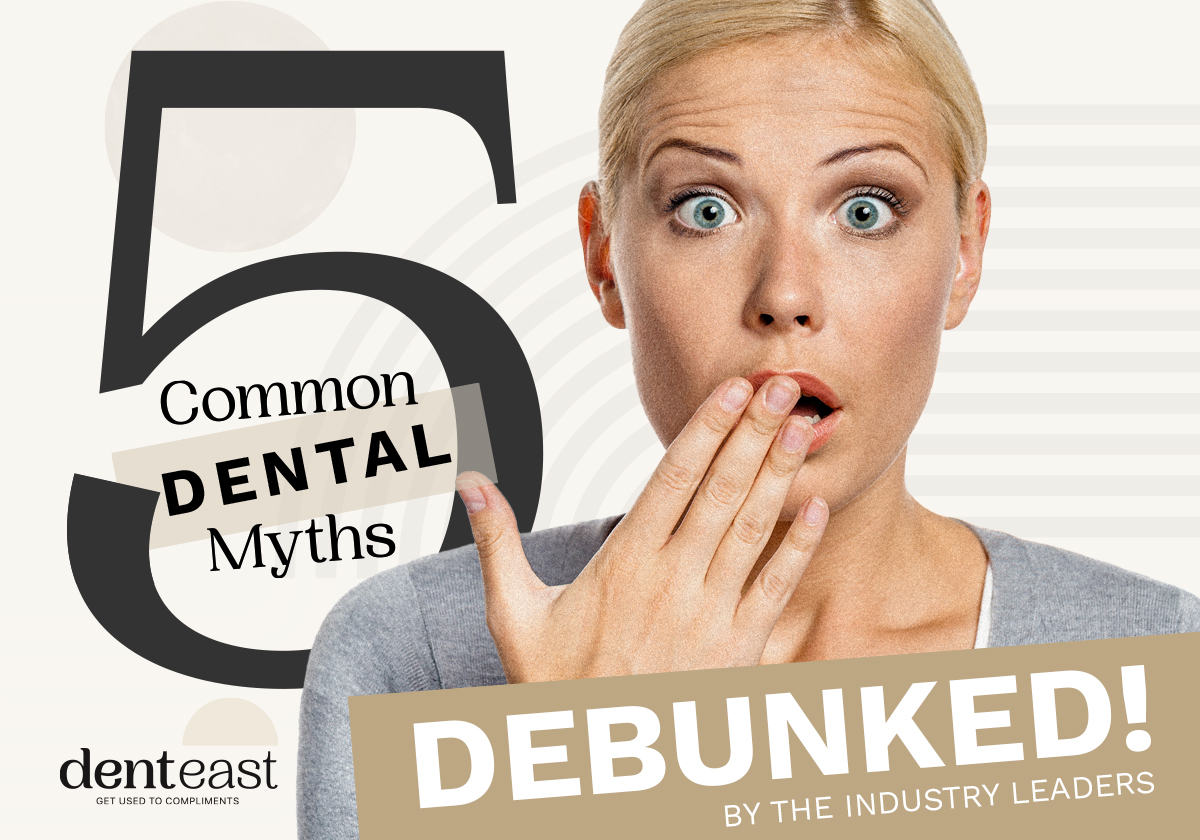As a dental practitioner in Fort Lauderdale, I’ve seen firsthand how this issue can impact patients. Let’s delve into what dental anxiety is, its causes, insights from medical research & pop-culture (!) and effective strategies to overcome it.
What is Dental Anxiety?
Dental anxiety refers to the fear, stress, or unease associated with visiting the dentist. It ranges from mild apprehension to severe phobia (dentophobia), which can lead to avoiding dental care altogether. This neglect, in turn, can result in serious oral health issues.
Dental fear isn’t new. Historical texts and findings suggest that dental anxiety has been around as long as dentistry itself, dating back thousands of years. Dental anxiety is one of the most common phobias. It’s estimated that between 9% to 15% of Americans avoid seeing the dentist because of anxiety and fear.
Mind blowing- it’s in your DNA!
Dental anxiety is categorized separately from other medical anxieties in psychological literature, highlighting its unique nature. Some studies suggest that dental fear might be partially heritable. Some research suggests that pain sensitivity might have a genetic component. Since fear of pain is a significant factor in dental anxiety, individuals who are genetically predisposed to be more sensitive to pain might be more prone to dental anxiety. The ability to cope with stress and anxiety can vary among individuals, and some of these variations may be influenced by genetics. Those with less effective coping mechanisms might be more susceptible to anxiety in stressful situations, including dental visits.
Now, something super important: children are more likely to suffer from dental anxiety if their parents do. This is called “learned behavior”- so parents, please… you know what I mean?
A child’s perception of the dentist can be significantly influenced by the experiences and attitudes of their siblings as well, so maybe consider taking your kids to the dentist at separate times.
Causes and Triggers of Dental Anxiety
Past Negative Experiences– most commonly, traumatic dental experiences, especially during childhood, can leave a lasting impact.
Fear of Pain– This is common, especially among adults who had dental treatments before the advancements in “pain-free” dentistry.
Feelings of Helplessness or Loss of Control– lying in a dental chair, unable to see what’s happening, can be unsettling.
(Many patients ask me to hold a dental mirror to “see” what’s going on in their mouths, and however comforting this idea might seem, it is actually making my job more difficult. The mirror usually blocks the source of light coming from the dental chair and patients are more likely to move, in order to find a “better angle”. So as a dentist, I am not a huge fan, but I can certainly take anyone who asks through all the steps. Verbally. Like the narrator in the movies… I don’t know if this would work, but if you ask- I will do it!)
What really causes anxiety is triggers– common triggers of dental anxiety include the sound of the drill, the smell of dental materials, and the fear of needles. ( At this point I am pretty sure the statistic is wrong, who doesn’t “hate” at least one of these- your dentist included!?)
Impact of Media and Pop Culture
Dentistry in movies has often been portrayed in a manner that can significantly impact public perception, particularly influencing dental anxiety and phobia.
The scary side: The classic film “Marathon Man” features a notoriously chilling dental torture scene, which has left a lasting impression on audiences and contributed to the stereotype of dental procedures being painful and frightening. Similarly, the dark comedy “Little Shop of Horrors” showcases a sadistic dentist character, played memorably by Steve Martin, further cementing the fear-inducing image of dental professionals in popular culture.
These portrayals can have real-world implications. Patients may come into dental offices carrying these cinematic images and fears, which can exacerbate their anxiety about dental treatments. As a result, dental professionals sometimes need to work harder to dispel these fears and reassure patients that contemporary dental care is far removed from the exaggerated scenarios often depicted in movies.
The fun(ny) side: For instance, Jennifer Aniston’s character in Horrible Bosses, a dentist, is depicted in a highly sexualized manner. While this portrayal plays into certain fantasies, it’s also controversial as it revolves around inappropriate workplace behavior… still better than the alternative, no? And who doesn’t remember “The Hangover” where Ed Helms plays a dentist in this popular comedy. His character, while initially presented as somewhat meek and nerdy, goes through a series of wild adventures, showing a different, more adventurous side to his personality.
(Personally, I’d say I’m more Ed than Jenni, but you be the judge!)
Strategies to Overcome Dental Anxiety
Open Communication: As a dentist, I encourage patients to express their fears and concerns. Understanding specific triggers helps in tailoring the treatment approach.

Gradual Desensitization: Slowly exposing oneself to the dental environment can help.I encourage this whenever I meet an anxious and sensitive person in my chair. I offer to start with simple procedures such as cleaning or fillings. It will help you get to know me and vice versa. Usually, this “break the ice” approach works like a charm.
Before you realize it, you’ll be confidently scheduling your next appointment! Over the years, many of my patients have gone through this transformation and can attest to it.
Mindfulness and Relaxation Techniques: Deep breathing, guided imagery, or meditation can reduce anxiety. Apps and online resources are available to help with these techniques.
Distractions: Listening to music, watching TV, or using virtual reality goggles during treatment can help take your mind off the procedure. (Don’t forget your headphones!)
Sedation Dentistry: Options like nitrous oxide (laughing gas) or oral sedatives can be used for more severe cases, making the experience more comfortable.
Better Pain Management: Advancements in pain management ensure that most dental procedures are much less painful or even pain-free.
Seek Professional Help: Of course, in cases of severe anxiety, therapy from a psychologist can be beneficial.
Choose the Right Dentist (or Denteast, should I say): A dentist who is empathetic and experienced in dealing with anxious patients can make a significant difference.
Conclusion
Dental anxiety is a real and common issue- you’re not alone! What’s important to remember is: it can be managed!
As a dental professional, I am here to help you through this process with empathy and care. Your oral health is important, and overcoming dental anxiety is a step towards maintaining a healthy, confident smile.
If you’re struggling with dental anxiety, we invite you to reach out to us. Let’s work together to find the best approach for you.
Don’t fret, relax!
Dr Sunny
Content
- What is Dental Anxiety?
- Mind blowing- it’s in your DNA!
- Causes and Triggers of Dental Anxiety
- Strategies to Overcome Dental Anxiety
- Before you realize it, you’ll be confidently scheduling your next appointment! Over the years, many of my patients have gone through this transformation and can attest to it.
- Conclusion




